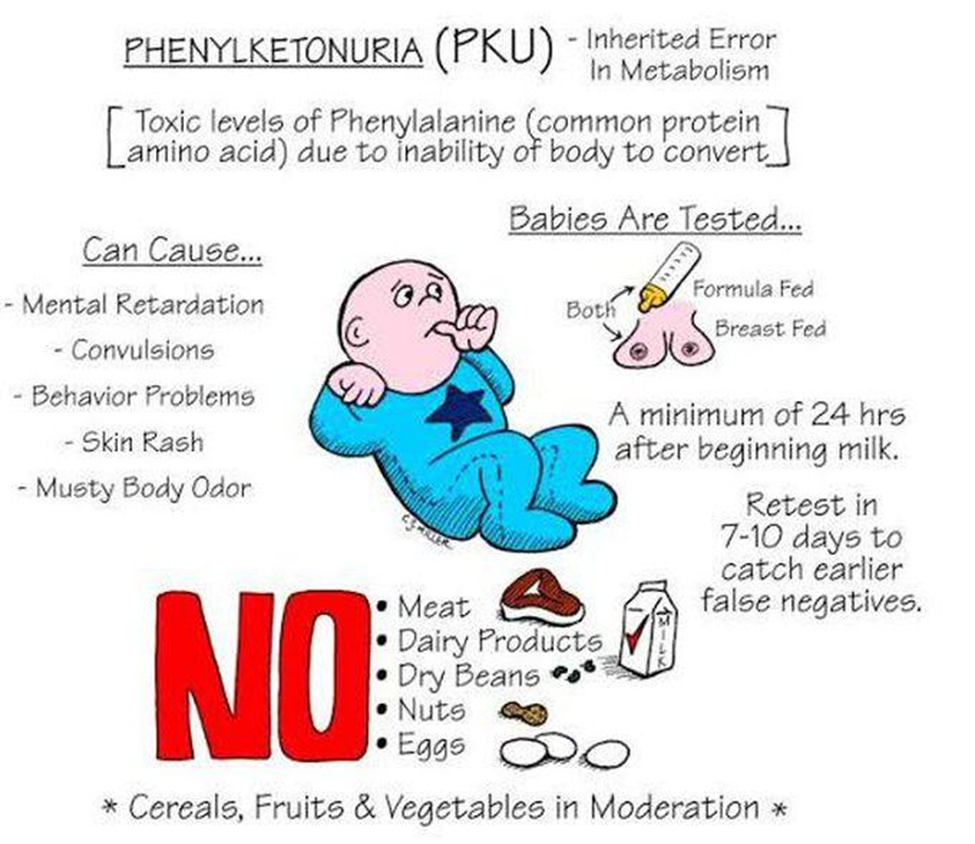The parents of a 10-year-old child in remission from leukemia are upset over the appearance of cushingoid characteristics in the child from long- term use of corticosteroids, currently being administered every other day. Which therapeutic statements would the nurse make to the parents about the cushingoid appearance? Select all that apply.
The manifestations are lessened by taking the prednisone every other day Instead of daily."
"You need to be sure to talk to the doctor about the cushingold characteristics."
Which manifestations of this condition do you find mest troublesome?
"I am sure it will be all right they hardly look unusual
The cushingoid appearance will gradually disappear once the corticosteroids are tapered and discontinued."
Correct Answer : A,B,E
A."The manifestations are lessened by taking the prednisone every other day instead of daily."
Explanation: Cushingoid characteristics can be related to prolonged corticosteroid use. Adjusting the dosing schedule, such as administering prednisone every other day instead of daily, may help minimize these manifestations.
B."You need to be sure to talk to the doctor about the Cushingoid characteristics."
Explanation: Open communication with the healthcare provider is crucial. Discussing the concerns about Cushingoid characteristics with the doctor allows for appropriate evaluation and potential adjustments to the treatment plan.
C."Which manifestations of this condition do you find most troublesome?"
Explanation: This question opens the discussion to identify specific concerns and allows the nurse to address them individually.
D."I am sure it will be all right; they hardly look unusual."
Explanation: This statement may downplay the parents' concerns. It's essential to acknowledge their worries and provide accurate information about the potential impact of corticosteroids and the plan for managing Cushingoid characteristics.
E."The Cushingoid appearance will gradually disappear once the corticosteroids are tapered and discontinued."
Explanation: Cushingoid characteristics are associated with the side effects of corticosteroid use. The nurse should provide reassurance that, in many cases, these characteristics can gradually improve once the corticosteroid dose is tapered and eventually discontinued.
Nursing Test Bank
Naxlex Comprehensive Predictor Exams
Related Questions
Correct Answer is D
Explanation
A. Valley fever
Explanation: Valley fever is a respiratory infection caused by inhaling spores of the Coccidioides fungus. It is not related to tinea pedis.
B. Shingles
Explanation: Shingles is a painful rash caused by the varicella-zoster virus. It is not related to tinea pedis.
C. Fever blister
Explanation: A fever blister is another term for a cold sore, typically caused by the herpes simplex virus. It is not related to tinea pedis, which is a fungal infection of the feet.
D. "Athlete's foot"
Explanation:
Tinea pedis is commonly known as athlete's foot. It is a fungal infection that affects the skin of the feet, particularly the spaces between the toes. The condition is often associated with warm and moist environments, such as those found in athletic shoes, hence the term "athlete's foot."
Correct Answer is B
Explanation
A. It is inconclusive
Explanation: A serum phenylalanine level within the normal range is considered conclusive in ruling out phenylketonuria. Inconclusive results typically occur when there are issues with the sample or testing process.
B. It is negative
Explanation:
A serum phenylalanine level of 1 mg/dL (60.5 mcmol/L) in a 2-week-old infant is within the normal range. In the context of phenylketonuria (PKU) screening, a "negative" result means that the phenylalanine levels are within the expected range, and there is no evidence of phenylketonuria.
C. It requires rescreening at age 6 weeks.
Explanation: If the initial screening result is within the normal range, rescreening at age 6 weeks may not be necessary for phenylketonuria. The timing and need for rescreening may vary based on local protocols and individual patient factors.
D. It is positive
Explanation: A positive result for phenylketonuria would indicate that the serum phenylalanine levels are elevated, suggesting a potential diagnosis of PKU. In this case, the result is negative, meaning there is no evidence of PKU.

Whether you are a student looking to ace your exams or a practicing nurse seeking to enhance your expertise , our nursing education contents will empower you with the confidence and competence to make a difference in the lives of patients and become a respected leader in the healthcare field.
Visit Naxlex, invest in your future and unlock endless possibilities with our unparalleled nursing education contents today
Report Wrong Answer on the Current Question
Do you disagree with the answer? If yes, what is your expected answer? Explain.
Kindly be descriptive with the issue you are facing.
